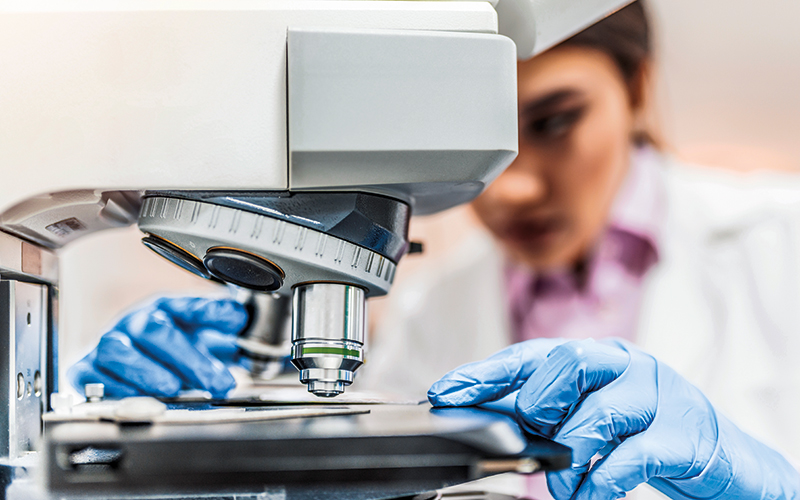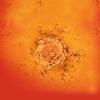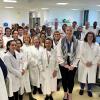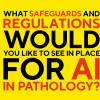Jo Horne and Chris Fisher give a nuts-and-bolts guide to the new Histopathology Scientist Training Programme.

Traditional scientific training in histopathology leads to roles such as general management, quality management and training. Changes began in the early 21st century, with the formal development of simple and complex specimen dissection training roles, as well as the more recent introduction of national histopathology reporting programmes, leading to consultant roles for scientists in histopathology. As part of wider healthcare science training, the National School of Healthcare Science (NSHCS) oversees a variety of qualifications for healthcare scientists across 52 specialties, including the Scientist Training Programme (STP).
What is the histopathology STP?
The histopathology STP is a fully funded three-year programme of workplace and academic study, including a Masters degree in cellular science from Manchester Metropolitan University.
The STP histopathology curriculum has been updated for the next decade, to reflect the rapid changes in histopathology, including the expansion of molecular testing and digital innovations. The aim of the new curriculum is to develop healthcare scientists with knowledge and skills in a range of areas, to then act as a platform into more senior roles, dependent on professional interest and local service need.
Please click here to read the full article.
Image credit | iStock




